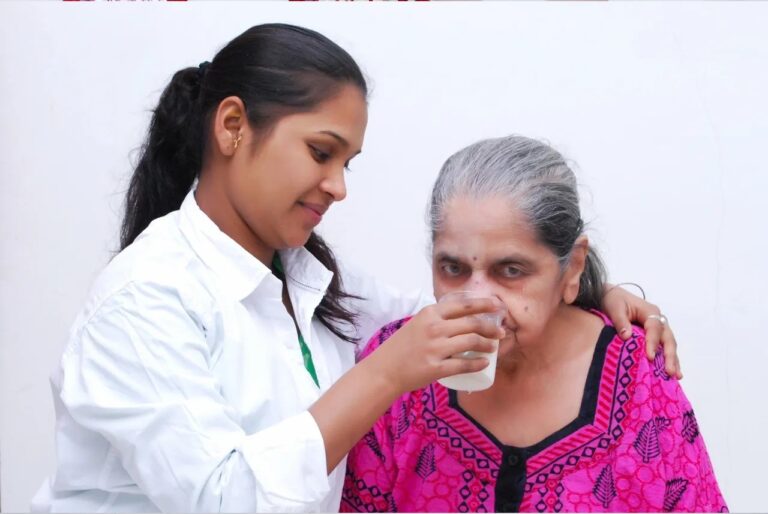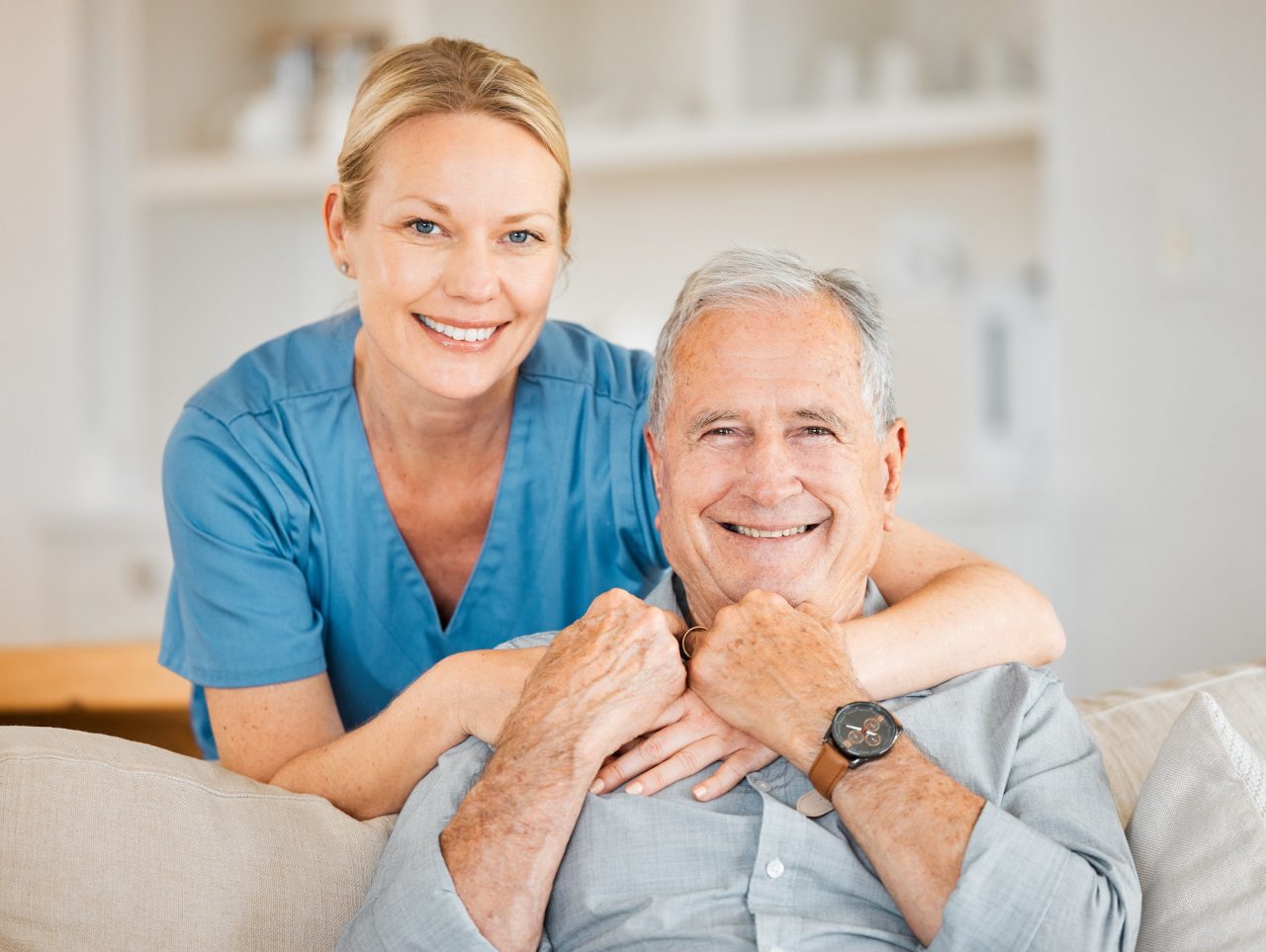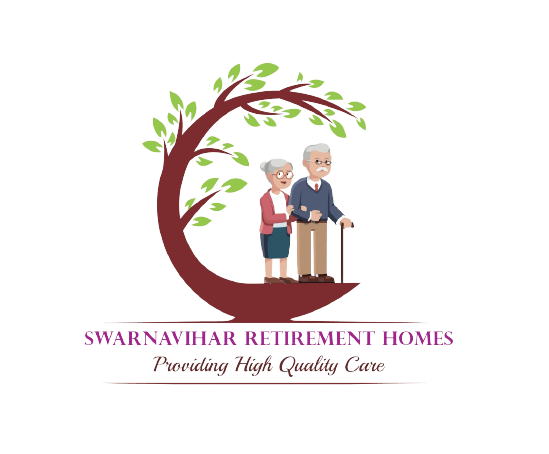paralysis care centre In Pune
Paralysis is the loss of muscle function in the body. Paralysis is sometimes temporary and, in a few cases, it is permanent. Paralysis is not limited to any particular part of the body, but most cases of paralysis are observed in limbs. Partial and complete paralysis can occur at any point in time. A patient suffering from paralysis is not inflicted by any pain upon occurrence.

A stroke is the most common underlying condition that triggers partial or complete paralysis in a patient. In partial paralysis, the patient is still in partial control of the affected muscle, incomplete paralysis, the patient has no control over the affected muscle tissue.
The most prominently known types of paralysis are:
Monoplegia:
Having trouble moving one limb is what monoplegia means. Sometimes, paralysis only happens in one arm. It can also affect some muscles in the same arm. Cerebral palsy often leads to loss of muscle function, also known as monoplegia.
Hemiplegia:
Hemiplegia is a kind of paralysis where people can’t move one side of their body. This usually only affects one arm and a leg, sometimes it’s also seen in the center of the body. Hemiparesis is a situation when someone doesn’t lose all use of their limbs, but how well they work is less strong and lasts shorter.
Hemiplegia happens because of harm to the spine or stroke, which affects how one side of your brain works.
The cure choice uses many blood thinners, pills to fight germs, operations and medicines for reducing swelling. Also included is exercises that help your body move better.
Paraplegia:
Paraplegia is a type of paralysis where the patient can’t move muscles from their belly down. In people with paralysis, the brain’s messages to lower body parts do not return upwards through the nerve hub. This poor talking with the brain, makes not only lose movement but also causes loss of feeling.
In partial paraplegia, the patient can still use one leg. In complete paraplegia they lose feeling and ability to use both legs. Big reasons for paraplegia are car crashes, getting hurt and falling.
Quadriplegia:
Quadriplegia is a type of paralysis where all four limbs can’t move. When this happens, the brain’s signals to areas below the neck do not go back. This makes holding and moving hands or legs difficult for patients. The spinal cord is in charge of sending and getting signals from the brain.
Locked-in Syndrome:
Locked-in Syndrome is the rarest and hardest type of not moving, where a person can’t control any muscles except those that make their eyes move.
We know that taking care of someone who had a stroke can be very hard. That’s why we teach our team members how to lessen the problems from a stroke. We do this by giving medical help, taking care of bathing and toileting needs as well as mental support. This helps people get better faster and live happily again after having one.
Our paralysis care centre and support include:
- Support with personnel care that is tailored to each individual
- Caretakers who are trained to help them understand the complexities of suffering stroke.
- Dedicated Care team with over 8 + years’ experience in the care sector.
- Specialist support and expertise
- Bespoke and flexible support plan
- Social and life style enhancement
They provide a ‘can-do’ attitude, encouraging and providing physical and psychological support.
Our friendly, highly experienced team members are always available to answer any questions you might have. We’re happy to talk you through each of the steps involved in the paralysis care center and support we offer, and offer compassionate, impartial advice and information.
FAQ
Swarnavihar Paralysis Care Centre is a specialized program designed to support individuals living with paralysis. We offer rehabilitation, personal care, and adapted living arrangements.
Our Paralysis Care Centre is open to individuals who have experienced paralysis due to various medical conditions or injuries and require specialized care and support.
We provide adapted living arrangements, including wheelchair-accessible rooms and facilities, to ensure a comfortable and supportive environment for residents with paralysis.
Our care team includes professionals experienced in paralysis care, offering physical therapy, occupational therapy, and medical management to help residents regain independence.
Yes, rehabilitation and mobility improvement are key components of our care program. We aim to help residents regain as much independence as possible.
Yes, we provide assistive devices and technologies to enhance the daily lives of our residents, making tasks more manageable and increasing their quality of life.
We encourage family involvement and provide opportunities for family members to actively participate in care planning and support their loved ones.
We offer a range of activities and therapies, including adaptive exercise programs, recreational activities, and psychological support to address the unique needs of residents.
Yes, individuals can continue to receive necessary medical treatments and therapies in coordination with their care plan, ensuring ongoing medical care as required.
To inquire about availability and pricing, please contact our admissions team. We will provide you with all the necessary information and assist you in the application process.
+91 70 71 72 80 61 / 62
Make Appointment
Old age is the golden period of life, live a quality life
Enhancing the Golden Years: Contact Us for Quality Senior Living

